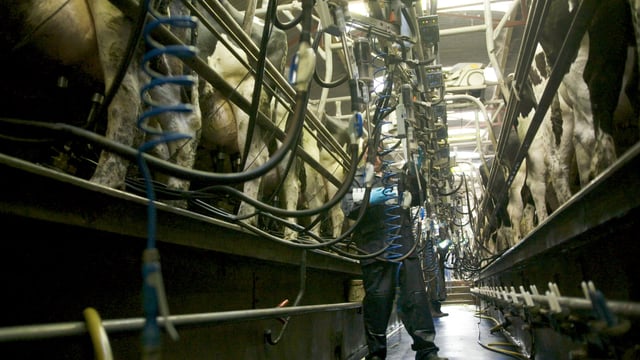Rural Social Scheme 'faces inevitable decline' if issues aren't addressed
The Rural Social Scheme (RSS) is at a "critical juncture" and "faces inevitable decline" if issues aren't addressed, according to the group representing Local Development Companies (LDCs).
Joe Saunders, CEO of the Irish Local Development Network (ILDN) that represents Ireland’s 49 LDCs, spoke on the matter yesterday (Wednesday, May 19).
The ILDN is calling for the rollout of a nationwide Local Employment Service, as well as reforms to eligibility under Tús, the Rural Social (RSS) and Community Employment (CE) Schemes.
Addressing the Joint Oireachtas Committee for Social Protection Rural and Community Development and the Islands yesterday, Saunders said:
“The RSS in particular faces a critical juncture and it faces inevitable decline if impending impacts of eligibility rules are not addressed.
This, the CEO claimed, represents a cliff-edge scenario for rural communities in "work undertaken, experience and leadership lost, a reduction in biodiversity in pushing landowners off the land and their replacement by monoculture practices".
He added that ILDN urges the government to review this rule ahead of Budget 2022 and bring forward reforms to protect participation in this important scheme.
“Eligibility reform is needed to ensure that this important scheme survives. In our submission to the committee we have laid out a number of potential reforms to all three schemes which we believe would be of benefit.”
On a broader note, Saunders highlighted the uncertainty in the labour market, stating:
The CEO outlined his organisation's proposals as follows:
This proposal, Saunders claimed, "offers an agile and affordable response to the inevitable high demand for employment services".
Continuing, he said in the proposal there is: integration with existing rural employment and inclusion services; no requirement to develop infrastructure from the start; and no disruption to existing services from realignment of operational areas or loss of skilled staff.
Commenting on Tús, RSS and CE, Saunders added; “We believe it will be critical to allow for maximum participation in important schemes such as Tús, Community Employment and RSS in the years ahead.
"A number of reforms to eligibility criteria, length of time on scheme and crucially improved referral processes are needed to ensure that this programme stays at the heart of the state’s activation options and continues to serve those most in need of valuable work experience prior to fuller re-entry to the labour market," Saunders concluded.





